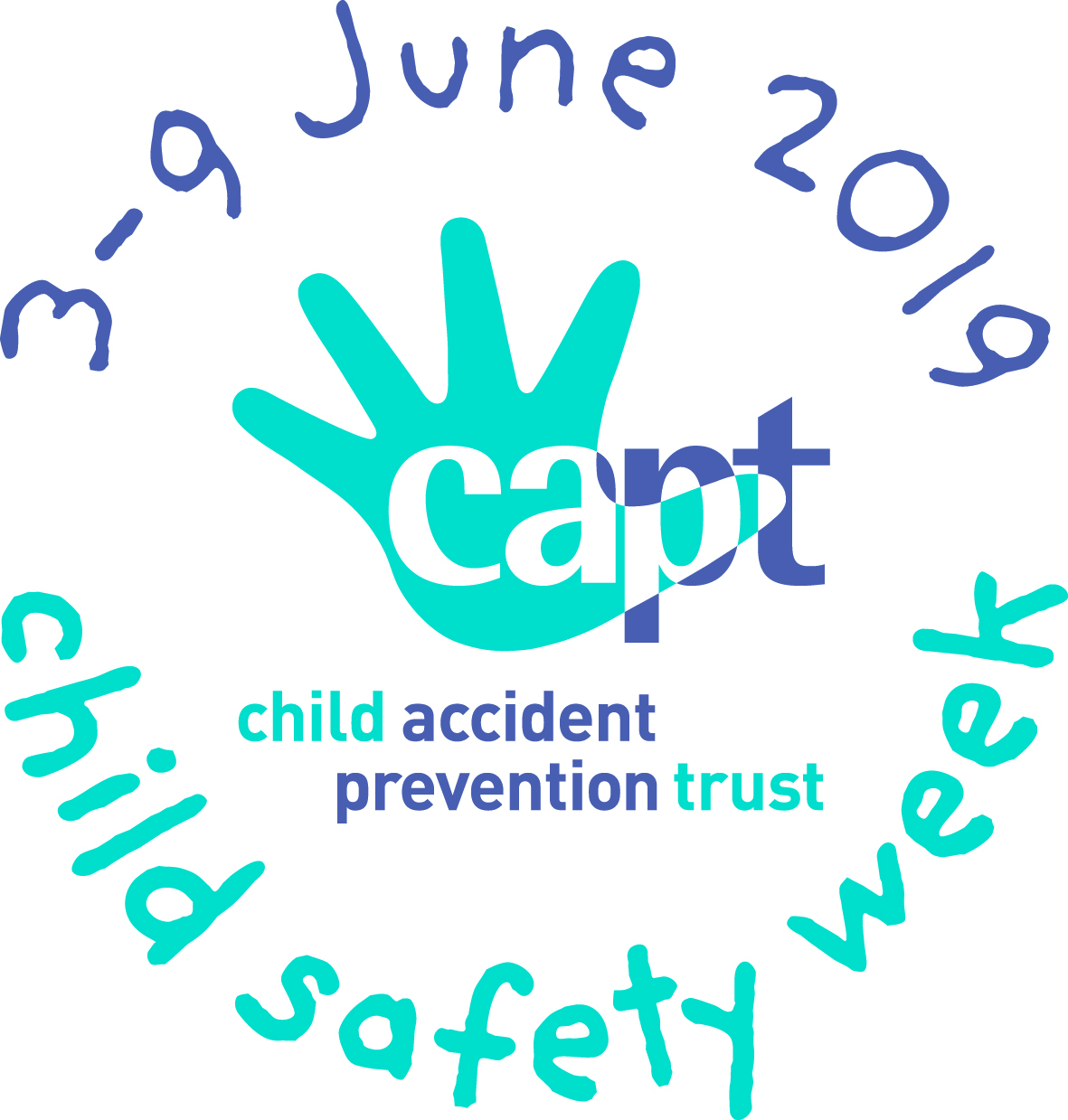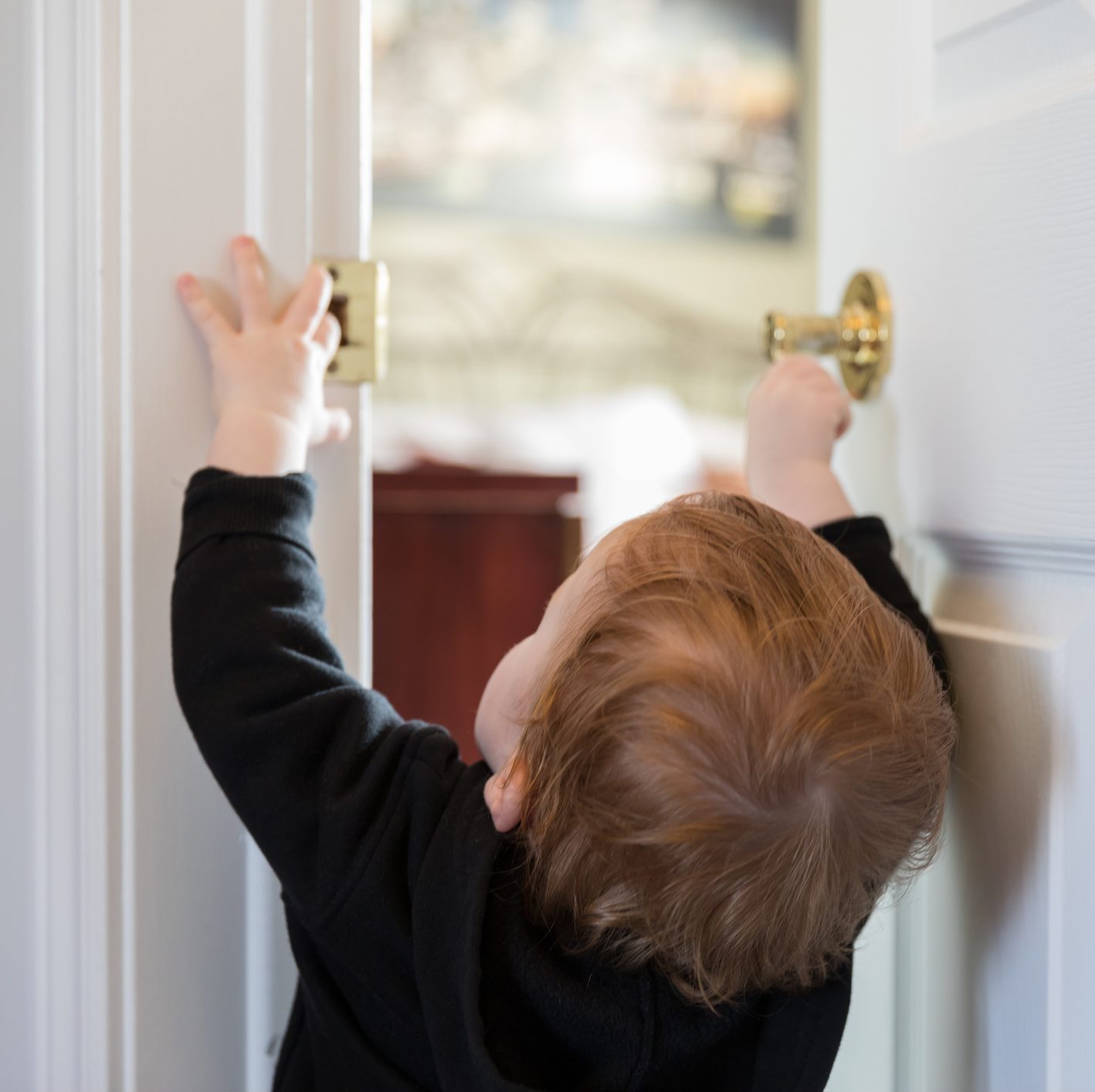From batteries to bath seats, why it pays to be aware of potential hazards in family life
Unintentional injury is a major cause of death and one of the most common causes of hospital admissions for children in Scotland. Ahead of this year's Child Safety Week (3-9 June), Pamela Prentice, Campaigns Manager at the Child Accident Prevention Trust, runs through the everyday items at home that, despite their convenience, can bring new risks, and urges people to sign up for the free printed Child Safety Week resources
Button batteries, particularly lithium coin cell batteries, can be deadly if they are swallowed and get stuck in the throat. The reaction in the child’s throat can kill in less than two hours. Button batteries power so many essential products in the home like car key fobs, slim remotes, kitchen and bathroom scales, children’s thermometers and more.
But spare and old batteries are often the culprits too. The simplest way to reduce the risk is to store them out of children’s reach. Check the compartment of appliances with lithium coin cell batteries to make sure they are secure and don’t let children play with them.
Cot bumpers can cause suffocation if a baby’s head becomes trapped between them and the mattress – the safest way for your baby to sleep is on a plain mattress free of toys, bumpers or bedding.
Nappy sacks are particularly dangerous for babies as their flimsy nature means they can easily cause suffocation. If a small baby gets one in their hand and puts their hand to their mouth, they are not able to pull it away. Never store them under the cot mattress.
Bath seats are not safety devices. They are not intended for babies to be left in, even for a moment, due to the risk of toppling forwards and causing drowning.
Blind cords can act as a noose and cause strangulation in less than a minute. Fit blinds with safety breakers or make sure a cleat hook is fitted so that the cord can be tied safely away every time.
Hair straighteners can burn babies’ and toddlers’ mouths, hands or bottoms when they have been left on the floor or over a door handle to cool. They get as hot as an iron and take time to cool down. They also pose a fire risk. So make sure they are stored in a heat-proof pouch out of reach of small children.
Washing capsules make our lives much easier but the powerful chemicals can damage children’s eyes and throats. Store them on a high shelf or in a cupboard with a safety lock and put them away as soon as you’ve used them.
Look out for capsules that use a bitter safety ingredient like Bitrex. This makes them taste really nasty, so children are more likely to spit them out.
Mobile phones are a known distraction for parents looking after their children, for older children as pedestrians and for drivers. The advice for parents is to try to limit screen time to times when you don’t need to be watching out for the children.
Child Safety Week runs from 3-9 June 2019.
Click here to sign up for free printed resources that can be used year round and stay updated on the latest advice on serious accidents

Child Safety Week 2019
Learn about CAPT, the charity working to reduce numbers of children and young people killed or injured in accidents
Click to visit the website
"It could happen to any parent"
Katrina Phillips, CEO of CAPT, explains why the charity’s campaign is vital in saving lives
Click to read the interview
Child Protection courses
We offer a range of training to strengthen your skills and knowledge in child protection
Click to browse our events